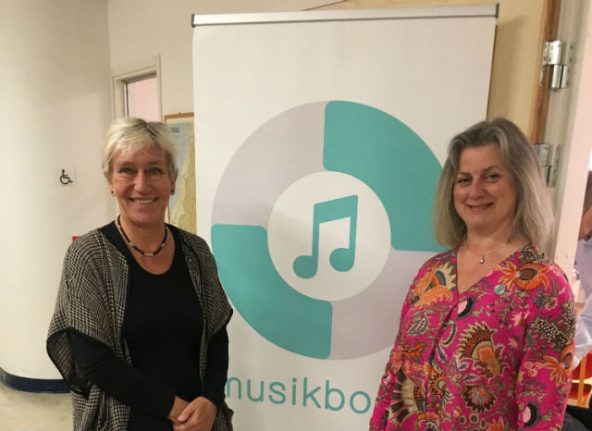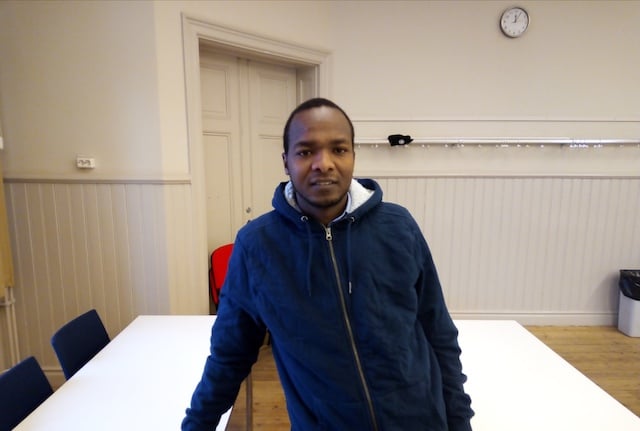MusikBojen helps young people who need support to communicate their feelings due to disabilities, illnesses and mental situations, as well as refugees who came to Sweden and have traumatic backgrounds.
Established in 2017 by Claire Rosvall, Max Martin, and six other founders, MusikBojen has already attracted a lot of positive attention and has gathered many supporters, including Martin Stenmark, Loa Falkman, Nikki Amini, Anne Sofie von Otter and Hedvig Elenora Gospel Choir.
Claire Rosvall tells SI News that the charity aims “to lobby music therapy and music therapists as they are not so common in Sweden as in other countries.”
How does MusikBojen work?
First of all, a council of experts picks children who might benefit from music therapy. The foundation then has professional music therapists who can work with the patients without cost as the program is fully funded by MusikBojen.
Many studies have shown that music activates different parts of the brain, stimulating the motor system, emotional states, associations and memories. Music also enhances organizations skills and attention while blood pressure, hormones and heart rate are positively affected by the rhythm of music.
“The power in the music affects us all and can play an important role when life is not always so easy”, music producer Max Martin said in a recent press release. “When I learned about the MusikBojen Foundation and its purpose to create the conditions for more children and young people to feel better through access to music therapy, it was obvious to support the project.”
Moreover, the Foundation has a 90-account, which is a Swish, PostGiro and a BankGiro account number starting with ‘90’. These enable the MusikBojen Foundation to be transparent, check out with the Swedish Collection Control, satisfy high-level requirements and earn accountability among investors.
The future of MusikBojen has been recently affected by the allocation of over 2 million kronor from the Postkodlotteriet. The latter is a lottery whose funds are distributed among non-profit organizations which are part of the Swedish Postal Code Association.
“We have applied to the association and after a few months we got the allowance for our start-up”, says Claire Rosvall, ”So we have been recognised to start our project and we are really proud and grateful of the recognition as there were many restrictions in the application”.
The Postkod Foundation has therefore accepted their plan and MusikBojen is reinforced by the generous contribution.
The funding will help the charity group to hire part-time administrators who will help and facilitate volunteer doctors (paediatricians and child psychologists), curators and music therapists within the Foundation's Medical Expert Group involved in the charity.
Moreover, music therapists will finally start working in Uppsala, at the Akademiska hospital, but also at BUP Norrtälje, not far from Stockholm.
Part of the money will be invested in HVB Hem Riande AB in Trosa, helping children who are refugees or have come from backgrounds where they experienced trauma in relation to either drug addiction or alcoholism by hosting them in homes where they will take part in the music therapy project while social services find them a place to live.
MusikBojen presents many possibilities and could have a real effect on the Swedish welfare system as well. And perhaps in the future, as Claire Rosvall hopes, “every child in need of music therapy will be able to get it”.



 Please whitelist us to continue reading.
Please whitelist us to continue reading.
Member comments